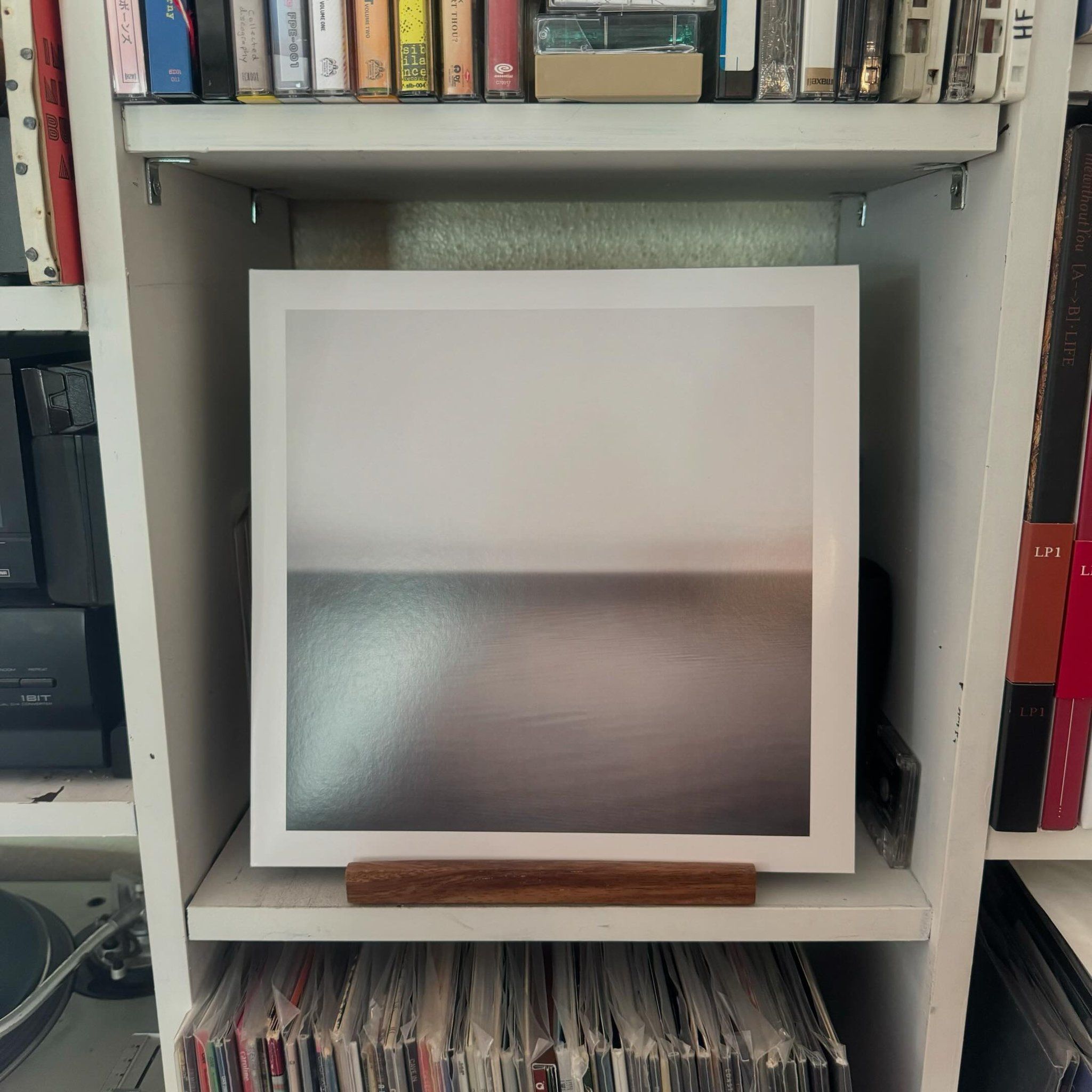
Alright, let’s get the hot take out of the way right out of the gate. This is my favorite U2 record of the ’00s.
It certainly came as a surprise to me. As I was shotgunning their discography in order, the transcendent bliss of their ’90s work came crashing down when I got to All That You Can’t Leave Behind. How to Dismantle an Atomic Bomb didn’t do much to change my mind (note: I’ve largely come around on both now). I put on No Line on the Horizon, gritting my teeth to see why the reviews I had read were so unkind.
So imagine my surprise when I ended up enjoying it quite a bit.
The backstory behind No Line On the Horizon is a bit convoluted. After an unsuccessful session with Rick Rubin in 2006, the group reunited with Brian Eno and Daniel Lanois in Morocco for a session that mirrored their time in Slane Castle for The Unforgettable Fire. Except that in this case, most of the more experimental elements were deemed unsuccessful and were either buried in the mix or scrapped entirely. They had additional sessions in London, New York, and Dublin, where Steve Lillywhite was brought back to help refine a few of the ideas. At one point, the group considered releasing it as two separate EPs.
Unfortunately, the group wasn’t able to keep that disorder from being audible on the disc. No Line is scattered and uneven, offering both the worst and best tendencies of the band. It might have even offered their worst track up to that point in the boorish “Get On Your Boots,” which was tragically chosen as the lead single. “Stand Up Comedy” immediately follows, offering very little respite to “Boots'” mid-ness (besides the line “stop helping God across the road like a little old lady,” which kinda rules). “Breathe” features a wonderful performance from the band, but Bono’s vocal part could have done with some editing.
But the mediocre tracks are mercilessly few, and the tracks that shine are glistening.
The title track opens up the record like it’s kicking in a door. Larry and Adam churn out a propulsive groove while The Edge uses a fuzz pedal to blur the line between rhythm and texture and Bono offers a baleful howl. “Magnificent” offers one of the finest anthems of their career. “The Moment of Surrender” is a seven-and-a-half minute gospel opus about a drug addict. “Unknown Caller” hits the closest to the Morocco sessions’ goals, mixing ambient guitar, an Eastern-inspired drum groove, and lilting group vocals. “FEZ – Being Born” is one of the most successful experiments they had done in years, tagging an ambient intro onto a groove that feels like a more delicate companion to the title track. “Cedars of Lebanon” closes the record with a meditative sigh reminiscent of tracks like “Promenade.”
On the whole, No Line could have been a great record if they would have cut “Boots” and “Stand Up Comedy.” I’m not even sure they would have needed to replace them with anything (although something from the unreleased ambient record Songs of Ascent would have fit the mood). The songs on either side of that weird middle detour are, for the most part, delightful, and offer the most adventurous version of the band since the 90s. It baffles me that Atomic Bomb was lauded as continuing the experimentation of Unforgettable Fire and Achtung Baby when this record actually made an earnest effort at it—even if it falls quite a few degrees short of their masterpieces. If Pop was their last great record, No Line on the Horizon is their last good one.
As far as it concerns my deep dive into U2, this is where I get off. While there are some decent moments in Songs of Innocence and Songs of Experience, those moments are isolated glimmers in a sea of mid—and much of it far more mid than “Boots.” And as overblown as the reaction to the iPhone stunt was, U2’s reputation will never recover.
But considering their career at large, precious few bands have created such an enduring body of work. It is a rare thing to stay as good as U2 was for so long—and an even rarer thing for that quality to accompany such a diverse catalog. Their penchant for experimentation and reinvention is second to none. And even though I stand by my claim that Pop is their last great record, it’s a rare band that can release three mostly solid records after they fall off.